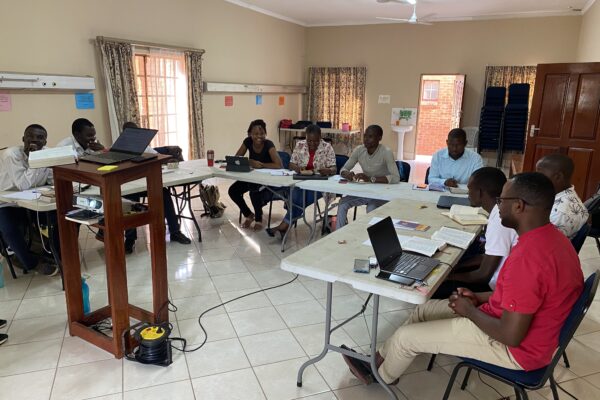The Suffering of God

“Since therefore the children share in flesh and blood, he himself likewise partook of the same things, that through death he might destroy the one who has the power of death, that is, the devil, and deliver all those who through fear of death were subject to lifelong slavery.” (Hebrews 2:14–15, ESV)
In times of sorrow and suffering, one of the most comforting things for the Christian is the fact that God has not left us alone in this world, but has entered into it, and taken on our sufferings. A week ago in our Hebrews Bible Study we were talking about the verses above and contemplating the richness of our salvation, because of the sufferings of Christ. So I shared with them a quote that I am now sharing with you. (If you would like to join our Bible Study please email me here for the Zoom link.)
Nicholas Woltersdorff is a Professor of Philosophy and Theology at the University of Virginia. After his son died tragically in a mountain climbing accident at the age of 25, he wrote a book journaling his thoughts while grieved. This quote ministered to me greatly after the death of my mother. I hope that it will minister to you whether you grieve over the COVID crisis, the death of loved one, or the many other trials we may face.
For a long time I knew that God is not the impassive, unresponsive, unchanging being portrayed by classical theologians. I knew of the pathos of God. I knew of God’s response of delight and of his response of displeasure. But, strangely, his suffering I never saw before.
God is not only the God of the sufferers but the God who suffers. The pain and fallenness of humanity have entered into his heart. Through the prism of my tears I have seen a suffering God.
It is said of God that no one can behold his face and live. I always thought this meant that no one could see his splendor and live. A friend said perhaps it meant that no one could see his sorrow and live. Or perhaps his sorrow is splendor.
And great mystery: to redeem our brokenness and lovelessness the God who suffers with us did not strike some mighty blow of power but sent his beloved son to suffer like us, through his suffering to redeem us from suffering and evil.
Instead of explaining our suffering, God shares it.
But I never saw it. Though I confessed that the man of sorrows was God himself, I never saw the God of sorrows. Though I confessed that the man bleeding on the cross was the redeeming God, I never saw God himself on the cross, blood from sword, and thorn, and nail dripping healing into the world’s wounds.
Nicholas Woltersdorff – Lament for a Son. p. 81-82.



